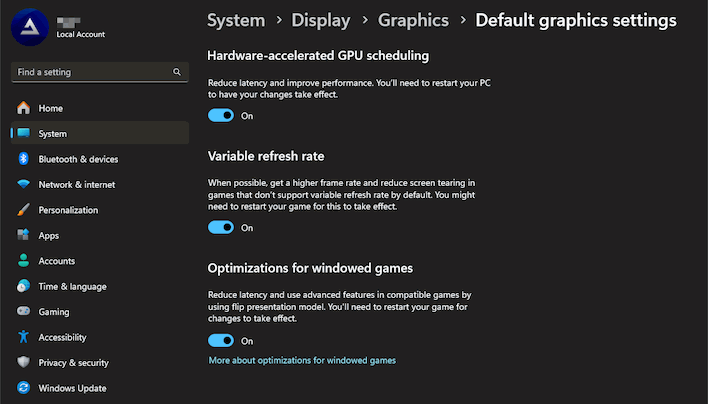Say Goodbye To Windows Control Panel, So What's Next?
This aged system setup tool might finally be getting put out to pasture before long, though. We say that because a new article called "System configuration tools in Windows" has appeared on Microsoft's support site, and among the listed tools—including the new Settings app, Task Manager, the aged System Configuration (msconfig) tool, and Registry Editor, among others—is the Control Panel. However, it bears an ominous note:
This quiet admission that Windows is effectively in permanent beta won't be surprising to anyone who has used Windows 11, but it's probably concerning to have an official statement on the matter for the tweaking and gaming enthusiasts in the audience. There are still plenty of things that users have to dip into classic settings panels to "fix" in Windows, like the ubiquitous mouse acceleration, tedious power profile settings, and absurd default pagefile settings, just to name a few.
So what's the replacement for Control Panel, as promised by the headline? It's the Settings app, of course. Nevermind that the Settings app still has absolutely no facility for, say, adjusting System Protection or User Account Control settings. Nor does it have any way to view system logs, or manage disk partitions (not that Windows' Disk Management MMC panel is actually good at that.) In Microsoft's defense, those last two are technically part of "Computer Management" and not the Control Panel, but they still use the old UI paradigm, which means Microsoft will probably want to replace them eventually for that reason alone.

One really has to ask what is gained by moving things around this way. Have you ever tried to find the new "Default graphics settings" panel? It doesn't come up in searches, so you have to go digging for it through many clicks in the Settings app. What about the options to enable file and printer sharing? They've been absolutely buried in the new app, while they were right there in the "Network and Sharing Center" before. Et cetera and so on and so forth.
Ultimately, good luck to Microsoft in its attempts to modernize its operating system. Casual users are fleeing to Android and iOS as smartphones do everything they needed, while creatives flock to MacOS. Gamers are the only audience really married to Windows anymore, and even they are looking longingly at Linux thanks to the tireless efforts of the WINE and Proton projects. One can only hope that the company takes a moment at some point to realize that users are rapidly jumping ship to other platforms because of its ceaseless meddling.



